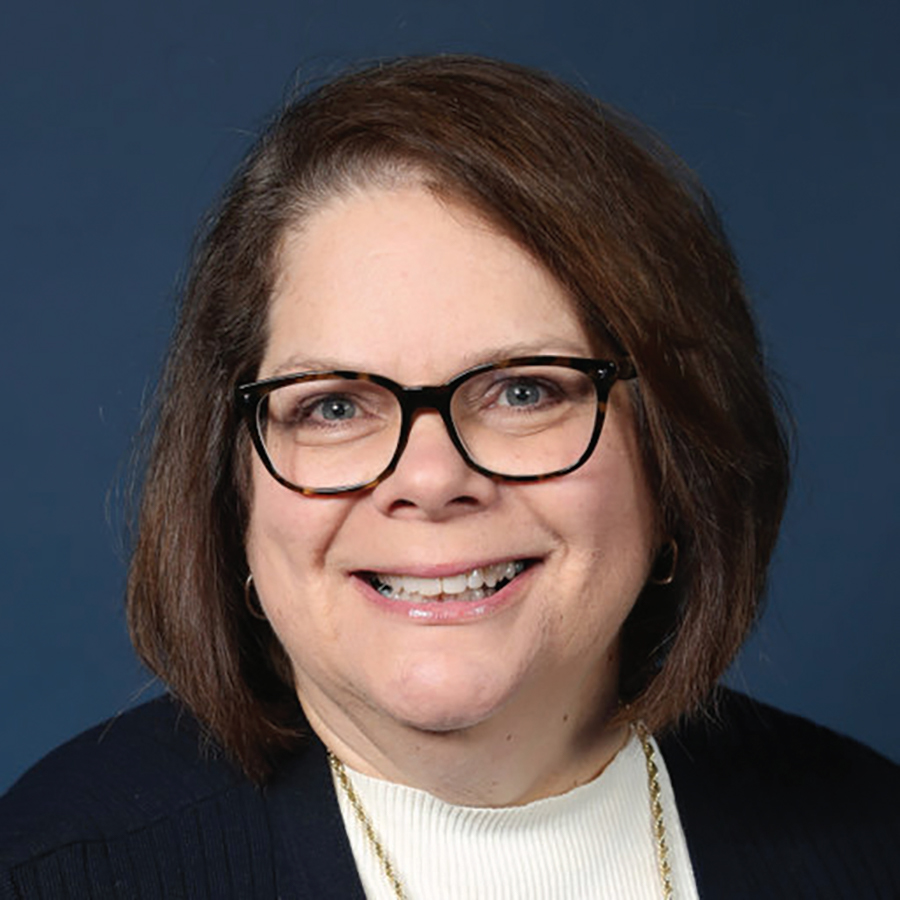How Is ONS Supporting OCM Nursing Practice?

The preliminary outcomes for performance in the first year of the Oncology Care Model (OCM) have shown modest but interesting results for the value-based payment model. Centers for Medicare and Medicaid Services’ (CMS’s) year-one evaluation examined the initial impact of the new payment model on practice in terms of outcomes related to total cost of care per practice, unplanned hospital and emergency department (ED) visits, hospital visits, and patient-reported satisfaction with care for six-month episodes of chemotherapy (https://innovation.cms.gov/Files/reports/ocm-secondannualeval-pp1.pdf) for beneficiaries from July 1, 2016–June 30, 2017.
Each of the 194 OCM institutions involved in the pilot program also were measured against a non-OCM practice. The evaluation report noted no consistent pattern of change across OCM practices in the first year. All hospital use measures decreased more for OCM practices than for comparison practices; this included a small but statistically significant decrease in inpatient intensive care unit (ICU) admissions and ED visits for the OCM practices. ICU admissions during the six months dropped by 7 admissions per 1,000 patients, and ED visits decreased by 15 visits per 1,000 patients (https://innovation.cms.gov/Files/reports/ocm-secondannualeval-pp1.pdf).
The drop in ED and ICU visits signals an interesting element of the OCM payment model and nursing’s role in patient-centered, value-based care. In year one, OCM participation required enhanced supportive care elements, including 24/7 patient access to clinicians who can view the patient’s medical record in real time; implementing core functions of patient navigation into workflows; documented 13-point care plans for every OCM patient with cancer; and cancer treatment that meets nationally recognized clinical guidelines (https://innovation.cms.gov/Files/reports/ocm-secondannualeval-pp1.pdf). As such, care coordination and patient navigation are central to OCM’s successful implementation and is an area where oncology nurses excel.
The CMS report validated what ONS staff have heard from members in OCM practices. Most OCM participants already had 24/7 clinician access and treatment guidelines in place prior to starting the pilot program. However, many practices reported hiring and training staff to improve patient navigation and care coordination services connected to OCM requirements, and nearly all practices reported struggling to implement the program’s care planning requirements (https://innovation.cms.gov/Files/reports/ocm-secondannualeval-pp1.pdf).
ONS has several navigation-focused resources to help address issues with care planning and care coordination:
- The Oncology Nurse Navigation Competencies and Oncology Nurse Navigation Toolkit can support role development and education in financial issues for patients—one of the most frequently reported areas of difficulty when meeting the care planning requirements.
- The Oncology Nurse Navigation: Delivering Patient Centered Care Across the Continuum and Oncology Nurse Navigation Case Studies books provide helpful information for nurse navigation.
- ONS resources include guidelines and evidence summaries related to supportive care, including psychosocial assessment and interventions.
- ONS also maintains a portfolio of nationally tested quality measures that address assessment and intervention for treatment-related symptoms and toxicities.
Ultimately, as more information about OCM and its impact on practice is shared, the potential for value-based models to find their way into new practices grows. Oncology nurses need to understand the intricacies involved and what resources are available to support them.
